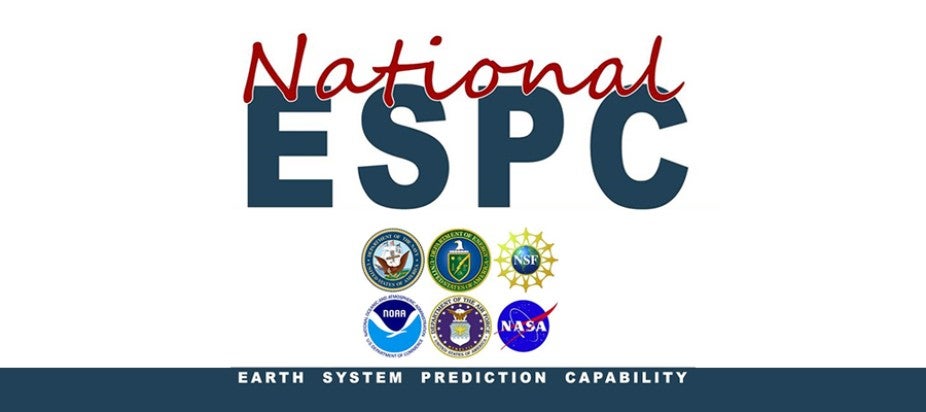Workshop on Building an Interannual to Decadal (2 to 30 year) Prediction/Projection Capability for Decision Support

6:00 – 6:00 pm MDT
Purpose
Changes in climate, demography, technology, and subsequent environmental, economic, and geopolitical responses are driving efforts to modernize long-term planning strategies. Moving forward, extended range Earth system predictions/projections will be incorporated into strategic decisions over the 2 to 30-year time range in order to mitigate cost and vulnerability of national security, economic vitality, infrastructure, and natural resources.
The present situation risks each user separately seeking potentially inappropriate information to inform multimillion-dollar decisions of long-term scope, or misunderstanding or misuse of the information found. Limited resources do not permit any individual agency to address these issues comprehensively, nor do all the decisions fall within any one agency’s individual mission. However, the commonality of the physical problem creates opportunities to pursue a coordinated capability across agencies.
This exploratory workshop will discuss the need for coordinated updating of physical Earth system predictions to support a wide range of long-term decisions; the effort may draw on multi-agency expertise and existing or emerging capabilities. The workshop will focus on the challenges of providing and maintaining an updating but non-operational capability, including the potential dual use of ongoing research efforts for decision support. Discussions will emphasize collaborative efforts to create paths forward and facilitate inter-agency efficiency. Ultimately, the workshop will serve as a foundation for continued information exchange leading to a unified, reliable, and actionable prediction capability. The workshop is intended to build on the work of agencies involved in the U.S. Global Change Reseach Program (USGCRP) and the U.S. Climate Variability and Predictability program (USCLIVAR).
Attendance consists primarily of representatives from all Federal agencies participating in the Federal Committee for Meteorological Services and Supporting Research (FCMSSR), most of them involved in the USGCRP, providing long-range predictions/projections, and using/potentially using long-range predictions/projections of the Earth system in their decision processes.
Time range: 2 to 30 years
Expected results
-
Establish agency or organizational needs/statement pertaining to decadal prediction capability
-
Identify user data, product needs, and decision needs
-
Identify current agency sources and decision support capabilities for decadal prediction
-
Identify existing and potential international collaborations
-
Determine/scope gaps between current capabilities and needs
-
Establish recommendations for methods, frequency, reliability, and implementation of a decadal prediction capability
-
Identify next steps toward a useful national decadal prediction capability
-
Report on Workshop Proceedings
Acknowledgement
The workshop was sponsored by the interagency Earth System Prediction Capability. Report preparation and meeting logistics are provided by UCAR via NOAA OAR award number NA16OAR4310253, Climate Adaptation and Mitigation Program (CAMP).
Venue
NOAA Center for Weather and Climate Prediction (NCWCP) Conference Center Auditorium
5830 University Research Court
College Park, MD 20740
Remote Participation
Remote participation will be available via "GoToWebinar"
Please use this link to register for the remote access.
Once you submit your information to the webinar organizer, they will use the information to communicate with you regarding this event and their other services.
Workshop Contacts
For logistics questions, please contact Christina Bargas: 303-497-8046 or cbargas@ucar.edu
For other questions related to this meeting, please contact Jessie Carman: 301-734-1022 or jessie.carman@noaa.gov